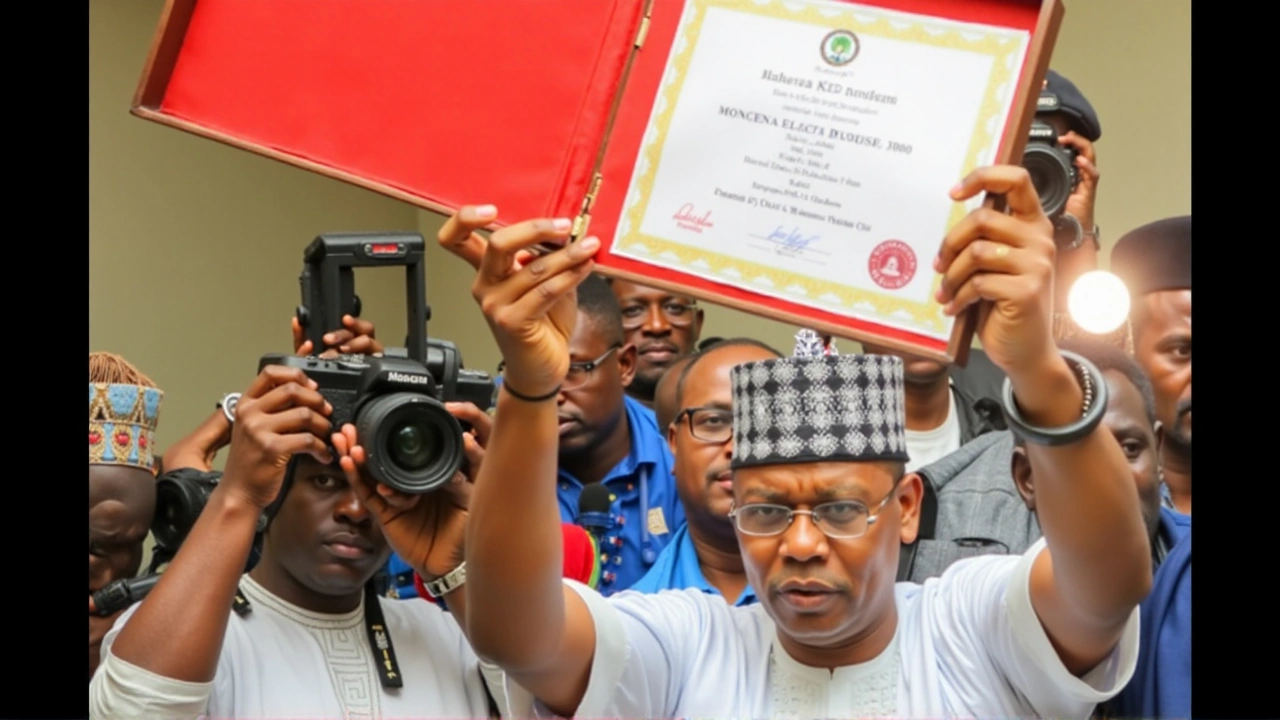Nigeria Election Dispute: What’s Happening and Why It Matters
Nigeria’s election disputes have been making headlines and stirring debates across the country and beyond. If you’ve been wondering what’s behind the tensions and why this election is so controversial, you’re in the right place. Things aren’t just about who wins or loses; it’s about the bigger picture affecting Nigeria’s political future and daily life.
First off, election disputes in Nigeria often come down to accusations of fraud, misconduct, and sometimes violence on the ground. Candidates and parties sometimes claim the process wasn't fair or transparent. This time, with reports of disagreements over results and refusal by some politicians to recognize declared winners, tensions are rising. It’s important to track how these disputes unfold because they shape public trust in democracy and government stability.
Key Players and Their Stakes in the Election Conflict
Several prominent figures are at the heart of the dispute. For example, opposition leaders and certain political activists have voiced strong opposition to declared results, questioning the credibility of the electoral commission. Some, like Pastor Tunde Bakare, openly refuse to accept the current leadership, citing concerns over fair play and governance. On the other hand, supporters of the established government argue the process was legitimate and warn that unrest could harm the country. These conflicting views fuel protests, legal battles, and political drama.
Why does all this really matter? Beyond the headlines, these disputes affect everyday Nigerians—impacting everything from economic confidence to social harmony. Businesses hesitate, investments stall, and communities can become divided. Keeping an eye on the dispute is crucial to understand how Nigeria navigates its democracy and whether reforms will come to prevent similar issues in the future.
What To Watch Next in Nigeria’s Election Dispute
Keep an eye on official investigations and court hearings that aim to settle contested results. Also, international observers and governments often weigh in, urging peaceful resolution and democratic respect. Media reports, local reactions, and statements from political parties will give clues about whether tensions will ease or escalate. For anyone interested in Nigeria’s politics or regional stability, following this dispute offers a clear window into the country’s challenges and resilience.
So if you want clear, up-to-date insights on the Nigeria election dispute, watch this space. It’s more than just politics—it’s about the future direction of a nation and the voice of its people.
Supreme Court Awaits Verdict on Kogi Governorship Election - A Decision that Could Shape Nigeria's Political Landscape
Nigeria's Supreme Court has postponed its judgment on the Kogi governorship election case, leaving a nation eagerly awaiting the decision. This critical ruling will address the ongoing disputes surrounding the election results in both Kogi and Bayelsa states. As the courtroom drama unfolds, the legitimacy of the election outcomes hangs in the balance.
Julian Parsons | Aug, 20 2024 Read More
